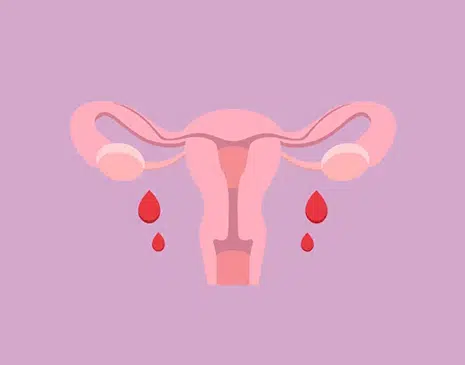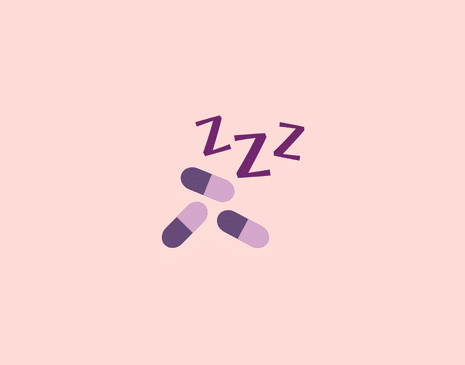We’ve all had that nightmare: unexpected vaginal bleeding while we’re out in public, dressed head-to-toe in white. If you haven’t experienced this, we’d love to know your secret! But for most women on birth control pills, spotting (also known as breakthrough bleeding) is a common occurrence.
Despite being lighter than a regular period, spotting is unpredictable—it can happen anytime, disregarding your plans, emotions, or wardrobe choices. Fortunately, it’s usually nothing to worry about and rarely indicates a serious health issue. Let’s delve into 8 reasons why you might experience irregular bleeding while on the birth control pill.
Starting, Stopping, or Switching Birth Control
Changes in estrogen levels when initiating, discontinuing, or changing birth control pills can trigger spotting. Typically, this adjustment period lasts 1-3 months as your body adapts. Persistent bleeding beyond this timeframe warrants a visit to your doctor.
Progestin-Only Pills
These pills provide a steady dose of hormones without the usual hormone-free interval for a withdrawal bleed. However, they can cause irregular bleeding due to the thinning of the uterine lining. Many women on progestin-only pills experience lighter periods or none at all.
Missed Pills
Skipping one or more pills can lead to a sudden drop in hormone levels, prompting breakthrough bleeding. It’s important to follow the instructions provided for missed pills and use additional contraceptive methods until regular pill-taking resumes.
Rough or Dry Sex
Intense sexual activity, especially without sufficient lubrication, can cause micro-tears in vaginal tissues, leading to bleeding.
Skipping Periods
Some birth control methods allow for skipping periods altogether. However, if you skip too many cycles, breakthrough bleeding may occur as the uterine lining sheds excess blood.
Sexually Transmitted Infections (STIs)
Infections such as chlamydia or gonorrhea can cause spotting along with other symptoms like painful urination or abnormal discharge. If you suspect an STI, consult your doctor promptly.
Stress
High levels of emotional or physical stress can disrupt your hormonal balance, affecting your menstrual cycle and potentially causing spotting.
Morning After Pill
While not a common side effect, the emergency contraceptive pill can sometimes cause spotting between periods. It’s crucial to understand that this bleeding does not indicate a regular menstrual period and doesn’t confirm or negate pregnancy.







